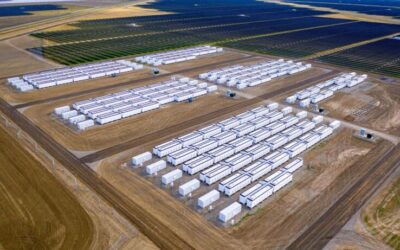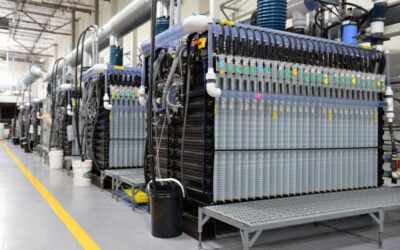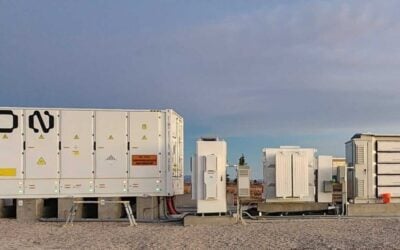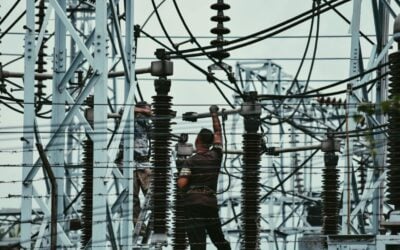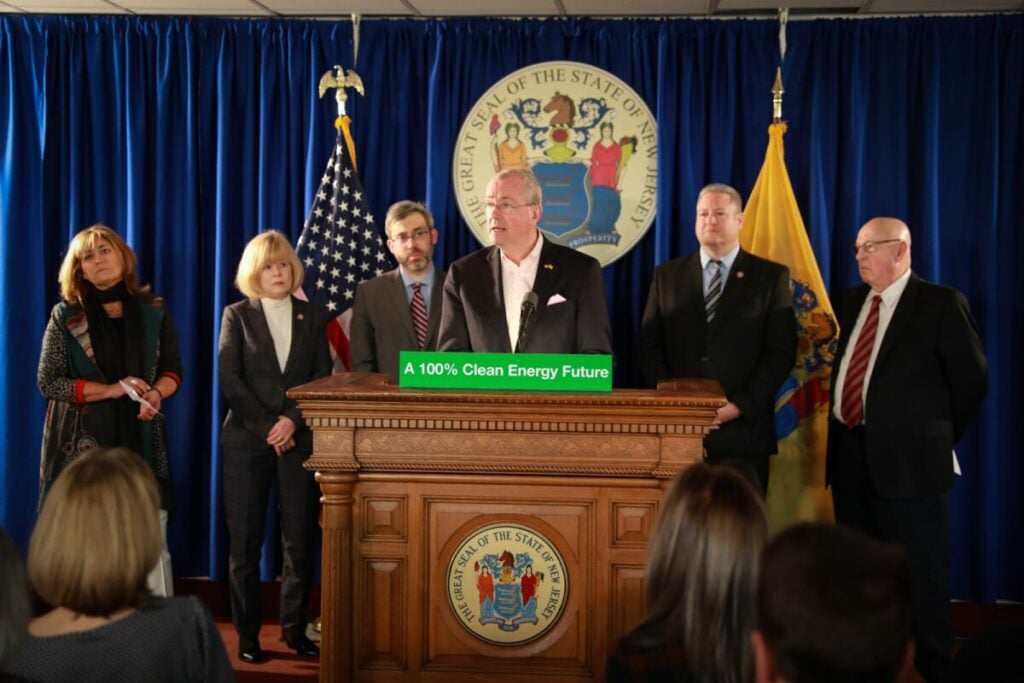
Governor of New Jersey, US, Phil Murphy, has signed legislation to reach 2,000MW of energy storage capacity by 2030 and nearly double the state’s clean energy capacity.
Legislation A5267/S4289 introduces a transmission-scale energy storage incentive programme, aiming to meet New Jersey’s target of 2,000MW of energy storage by 2030. This initiative seeks to expedite the installation of new clean energy capacity and lower costs for New Jersey’s energy customers.
Under S4530/A5768, the Board of Public Utilities (BPU) will launch registration for an additional 3,000MW of community solar projects on 1 October 2025.
The governor’s office says this move will significantly expand New Jersey’s solar initiatives, enabling families and businesses to reduce their monthly electric bills.
Try Premium for just $1
- Full premium access for the first month at only $1
- Converts to an annual rate after 30 days unless cancelled
- Cancel anytime during the trial period
Premium Benefits
- Expert industry analysis and interviews
- Digital access to PV Tech Power journal
- Exclusive event discounts
Or get the full Premium subscription right away
Or continue reading this article for free
These pieces of legislation enable the rapid expansion of New Jersey’s community solar programme and the swift creation of new energy storage facilities. Under the Murphy Administration, solar PV generation capacity has increased from 2.4GW to 5.2GW, with solar now powering over 600,000 homes.
The governor’s office claims that rising energy costs in the state result from mismanagement by the regional grid operator, PJM.
Murphy has also called for a formal investigation “into the energy cost crisis facilitated by PJM,” announced US$430 million in direct relief for New Jersey ratepayers, sent a bipartisan letter demanding transparency and oversight from PJM, and signed legislation increasing public accountability from grid operators.
At the time, the NJBPU noted that the speed at which energy storage systems (ESS) can be built is crucial, as the state cannot build “traditional” power plants within five years due to supply chain issues.
Senator Smith, Chair of the Senate Energy Committee, said of the legislation:
“By incentivising and procuring the creation of transmission-scale energy storage, we will enable a wider application of clean energy that can charge and store energy at low-cost hours then discharge at high-cost, high-demand hours, thus lowering overall costs and smoothing demand spikes on the grid.”
Smith continued, “This legislation will help keep New Jersey at the forefront of investments in new, clean energy technology, even as the current federal administration seeks to sabotage our environment and our renewable future.”

